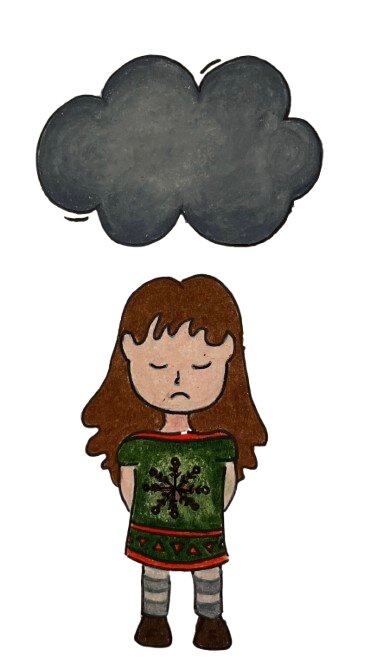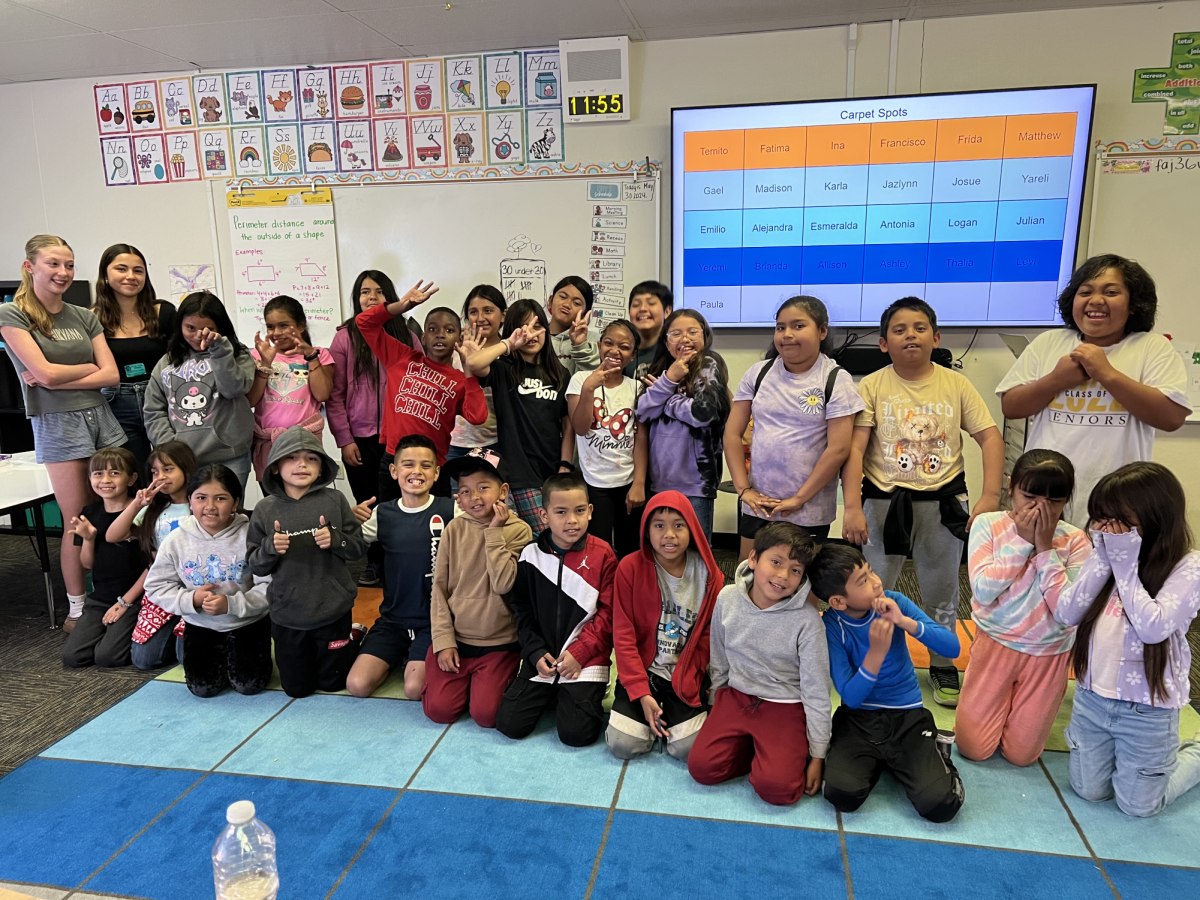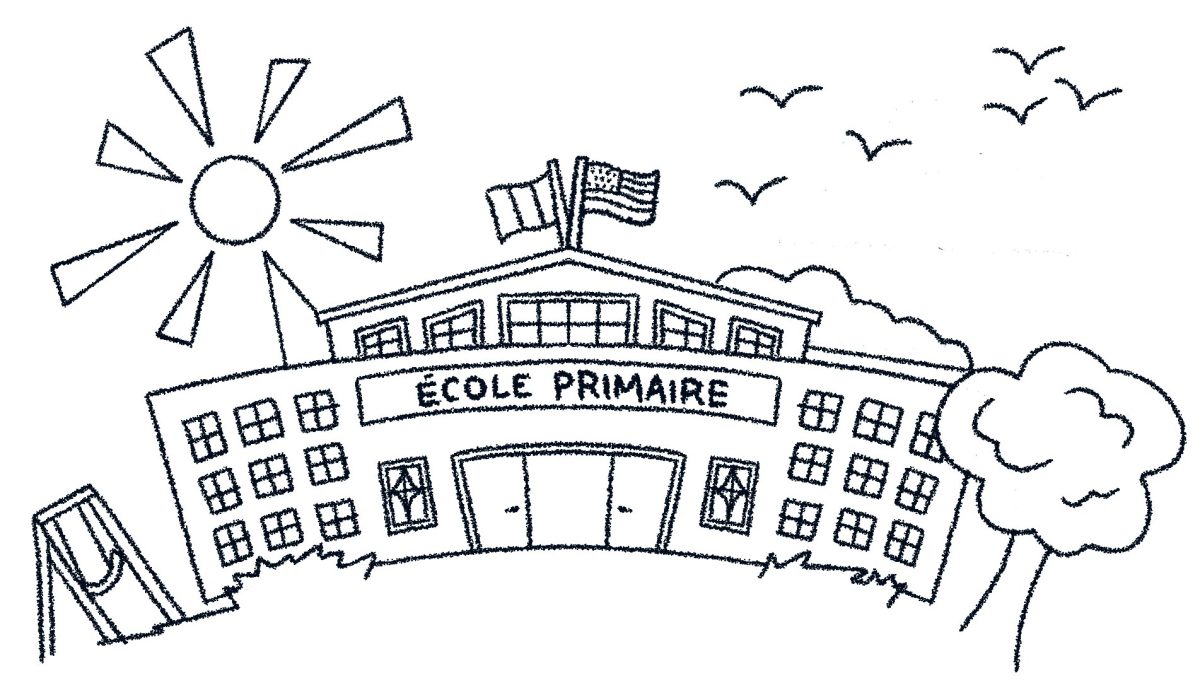As the weather turns cloudier and colder, the days grow darker earlier and the sun shines its light on the quad less and less often, my motivation diminishes. In California, as much as we enjoy a Mediterranean climate, we aren’t exempt from the effects of seasonal depression and burnout.
For me, this reduction in motivation typically begins as the first quarter comes to an end and the newness of the school year has completely worn off. Finals and flu season approach and all I want to do is stay inside and binge-watch my favorite Netflix shows.
Upper School wellness counselor Stefie Dominguez believes that daylight savings and the looming holiday season contribute to seasonal depression. “[The holidays are] supposed to be this happy time, and a lot of people don’t feel that way,” Dominguez said. “That can create a little bit of not feeling great about yourself.”
Menlo students are no strangers to this dip in motivation. Senior Noelle Lenden said she feels like December and January seem longer than their 31 respective days. Lenden agrees that seasonal depression is apparent in both others and herself around the holiday season. “Families are coming over and there’s a mix of celebration and sadness […] and I have nothing to do and it’s cold,” she said.
“Early December is my opposition. She’s like the Catra to my She-Ra,” Lenden said, referring to the antihero and hero from Netflix TV show “She-Ra and the Princesses of Power.”
Junior Maxwell Johnson experiences similar seasonal depression but finds that his hits in late winter at the start of the second semester. “It’s the tiredness of being in certain classes after being locked in first semester,” he said. “I just get kind of burnt out and get kind of bored in class.”
So is it possible to mitigate this lack of motivation? Absolutely, according to wellness counselor Jake Fauver. Fauver suggested happy lamps — which mimic sunlight to enhance mood and energy. Additionally, using a timer and breaking tasks into smaller steps can make assignments seem less daunting. Students can also encourage themselves to finish work by setting rewards at the end of completed tasks. This involves being more intentional about what gives you joy as opposed to mindlessly scrolling through social media.
Additionally, by practicing self-care such as taking naps, going for a quick walk or run or cooking a comfort meal, students can try to improve their moods. Holiday breaks from school are an especially great time to recharge. According to Lenden, hot chocolate and sitting by a fire get rid of her holiday blues.
Dominguez and Fauver emphasized that acknowledging that there is a pattern and being honest is the first step. “Whether it’s with your friends, just be honest about, ‘Hey, I’m kind of feeling crappy today,’ and allow your support systems to be there for you,” Dominguez said. “There’s a lot of power in feeling like you’re not alone in something.”
Dominguez wants the student body to know that there are resources at Menlo. “It’s completely normal to have a day where you’re feeling super overwhelmed,” Dominguez said. “It’s a great time to come up [to the counselors’ office] and just chat about it. [Also], talk to your friends, be there for each other.”









